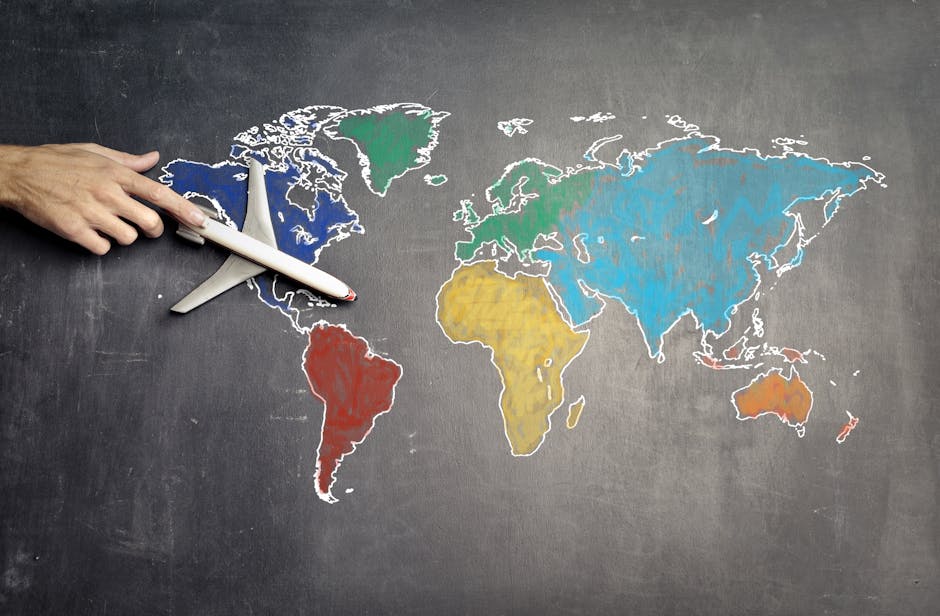
The Pros and Cons of Globalization: How It Affects the World
Exploring the Impact of Globalization on Society and Economy
Globalization, the process by which businesses or other organizations develop international influence or start operating on an international scale, has been a major trend in recent decades. It has significantly affected the world's economy, culture, and politics. The implications of globalization are diverse and complex, leading to various advantages and disadvantages for different stakeholders. In this article, we will explore the multifaceted impact of globalization on society and the economy.
Globalization has transformed the way businesses operate and individuals interact. With advancements in technology, transportation, and communication, the world has become more connected than ever before. However, this interconnectedness has also sparked debates about its consequences. Let's delve into the advantages and disadvantages of globalization to understand its far-reaching effects.
Pros
Globalization has brought about numerous benefits that have shaped our modern world. From improved access to goods and services to cultural exchange, its positive impact is evident in various aspects of our daily lives. Let's explore the advantages of globalization and how they have influenced different spheres of society and the economy.
Missing a pro?
Cons
While globalization has brought about positive transformations, it has also been the subject of criticism and concern. The disadvantages associated with globalization range from economic inequalities to cultural homogenization, presenting challenges that demand attention and thoughtful solutions. Let's delve into the controversial aspects of globalization and their impact on society and the economy.
Missing a con?
Conclusion
In conclusion, globalization has evoked both admiration and apprehension due to its far-reaching impact on society and the economy. While it has unlocked opportunities for unprecedented global collaboration and progress, it has also exposed vulnerabilities and disparities that require careful consideration and proactive measures. Understanding the advantages and disadvantages of globalization is essential for shaping a balanced and sustainable future in an increasingly interconnected world.
What do you think?
Do you think the pros outweigh the cons?









